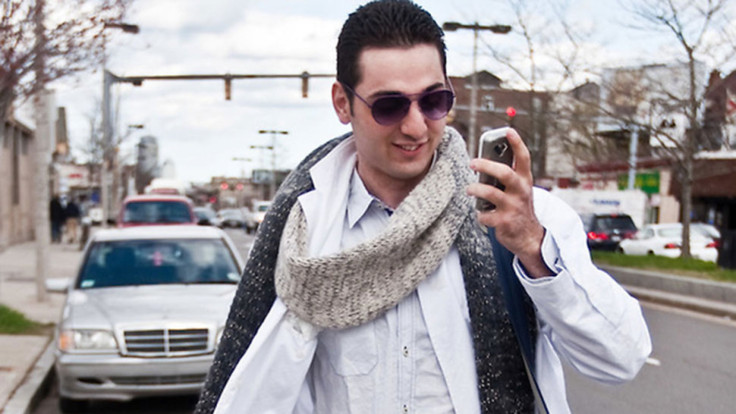Cultural Tensions And The Radicalization Of Tamerlan Tsarnaev: An Immigrant's Take

In the aftermath of any terrorist attack, the prevailing concern is to prevent future attacks. The next step is finding the root cause in order to understand why it happened in the first place. This is precisely the case in the most recent terrorist attack in the United States -- at the Boston Marathon on April 15.
A crucial part of this particular process is figuring out who radicalized Tamerlan Tsarnaev, how and when he was radicalized, and how to prevent future radicalization of other would-be terrorists. Obviously, we’ll never be able to prevent all radicalization, but understanding what happened to Tamerlan will help us understand and, hopefully, ward off other attacks.
We may never know how exactly Tamerlan became radicalized -- and the Russian special forces, if they know, likely won’t tell -- but the picture of why he became radicalized is slowly starting to come to light. For me, as a Russian immigrant raised in America, some of the details in the emerging picture stand out starkly.
The Tsarnaev saga is full of details that smack of the familiar: the black and white family photo, the Eurotrash clothes -- every weekend, guys like that swagger in droves along Brighton Beach, bragging about cars and women -- the goofy videos in which Tamerlan imitates various ethnic accents; all are part of a world I call home.
I can identify with the isolation that Tamerlan apparently experienced; he said “I have no American friends, I don’t understand them.” This kind of standoffish isolation is often self-imposed, but I know from experience that it also stems from a very real cultural gap.
Immigrants often idealize their distant homeland, but Tamerlan didn’t fit in any better there. When he went to visit his relatives in Dagestan, he spoke Russian poorly, and with an American accent. All of the immigrants I know have gone through a similar state of limbo, when they don’t fit in with either side. Not a real American, and not a true Russian (Russian can be replaced with any other ethnicity). Most people get over it, but it would appear Tamerlan did -- and could -- not.
I can clearly see how setbacks in his personal life, setbacks that, perhaps, an American man could bear more gracefully, may have pushed Tamerlan over the edge.
Honor and masculinity are two virtues prized above all else by men from Central Asia and the Caucuses regions, valued far beyond a Westerner’s comprehension. Tamerlan followed his younger sister around school to make sure she “behaved.” In the end, she married a non-Muslim and was estranged from her family; it is quite possible that Tamerlan felt he had failed to guide her and uphold the family honor.
It is especially emasculating for men from the aforementioned regions to be unable to provide for their families, so I am sure that for Tamerlan, sitting at home with his kid while his wife worked was tragically, mind-numbingly, embarrassing.
Here’s what I think happened: Tamerlan, who dropped out of college, married, and was thrown into fatherhood too early, became increasingly isolated, felt emasculated and frustrated, and turned to religion. His mother, Zubeidat Tsarnaeva, whose life was mirroring her son’s downward spiral between 2009 and 2011, turned to religion and likely influenced Tamerlan’s religiosity. For many former Soviet citizens, religion is a birthright, denied them by the state for decades, which they are now reclaiming with a vengeance.
Moreover, Tamerlan had been scrutinized by the FBI, and failed to obtain American citizenship. Tamerlan’s American dream, and that of his parents, failed. Instead of recognizing his own failings, he blamed America. Not just the government, but an entity which conflates America’s culture and history, its people, and its government. I believe this because, embarrassingly, I have encountered this kind of disembodied resentment before in the immigrant community.
I can’t fathom the cruelty of the Boston bombers. It’s also beyond comprehension that their violence and hatred were so casual, so arbitrary, that they chose to target the Boston Marathon on a whim, because they had the bombs ready earlier than expected.
The ugly truth is that I can see why he may have killed and maimed innocent people. Not for political or religious reasons, but because of a personal inadequacy. It seems that Uncle Ruslan, the Internet’s darling, was right -- the Tsarnaev brothers were losers.
© Copyright IBTimes 2024. All rights reserved.











